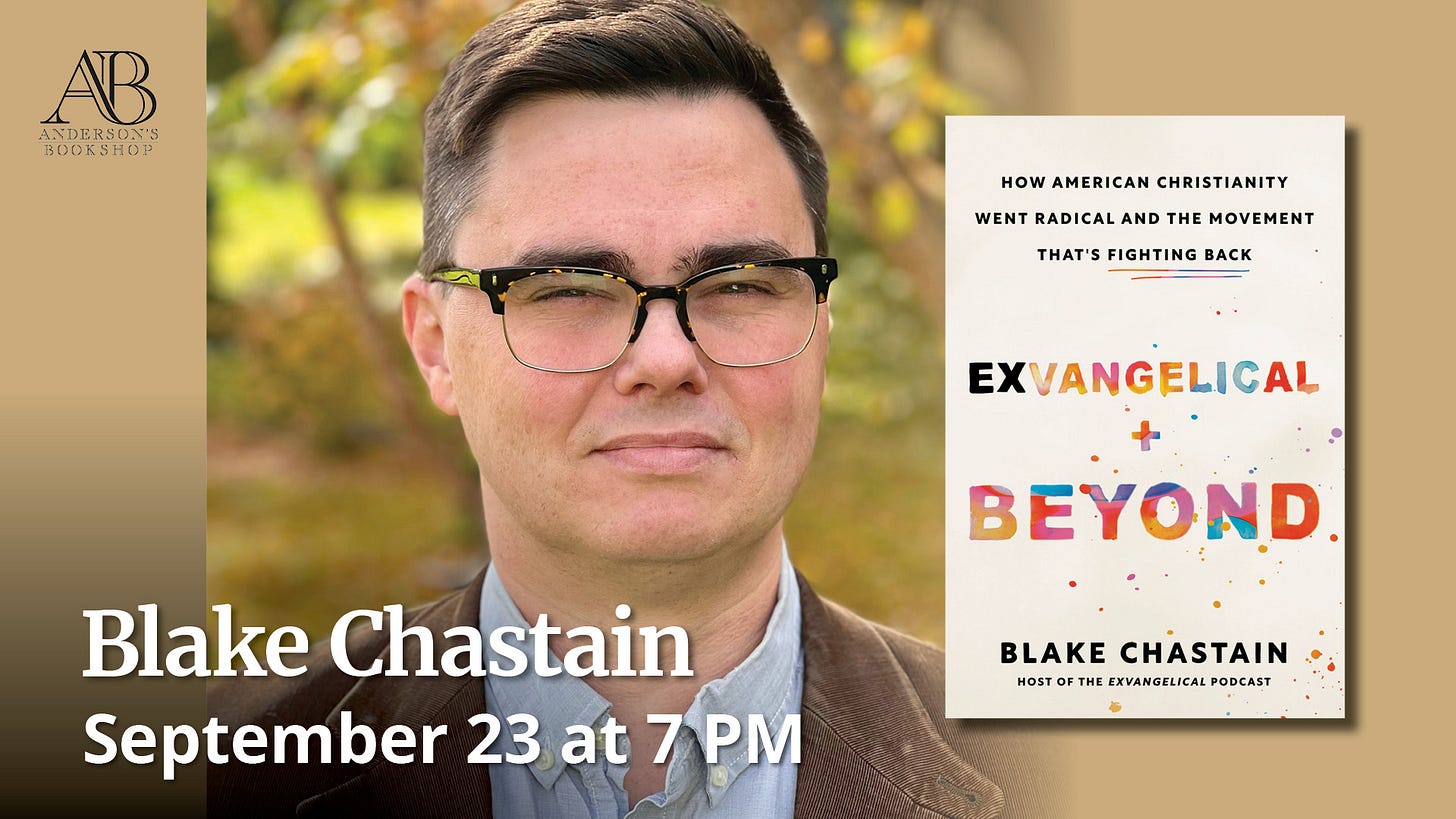On Thursday, the White Too Long by Robert P. Jones newsletter shared some top-level findings from the 2023 PRRI survey. The entire post (and all the findings posted of the 2023 Census of American Religion at PRRI proper) are well worth your time. But I wanted to highlight a couple things that I consider important.
Right out of the gate, Jones notes that “White Christian America continues to shrink, while the ranks of the unaffiliated swell.”
These aren’t vibes gleaned from an algorithmic social media feed, this is quantitative data based on half a million interviews.
Further, this isn’t just “the youth” being led astray by strangers on the internet using hashtags. PRRI notes that every age group has seen an increase in being unaffiliated.
Yes, the age cohort that I am a part of—the 30-49 year olds who comprise a mix of Gen X-ers and Millennials—sees the largest increase in disaffiliation. But also consider that this age group was also those raised in the increasingly politicized environment that followed the formation of the modern Religious Right. While I am definitely making a correlation here, it is one based on my own personal experience as a podcaster who has helped document this growing disaffiliation as well as just a regular degular human being who has seen the people in my own private life move away from the religions of their youth (evangelical and otherwise).
And yet - while I am dwelling on the bump in my cohort that, by coincidence, helps this chart take the shape of a normal distribution curve,1 the ‘gray hairs’ are also disaffiliating.
Which brings me to my own speculation:
Decades of institutional decay in both public and private sectors, coupled with a rapidly evolving dialogue about identity means that individuals will likely not adhere to the same beliefs or affiliations for their entire lives. We see that reflected in findings like these.
In my own life, I’ve gone to a number of Protestant churches, and currently hold no strong affiliation with or regular attendance at any of them. But such patterns aren’t limited to fellow white ex-evangelicals. Online, I follow people who were raised atheist and are now practicing Christians, evangelicals who are now Catholic, former Christians who are now Wiccan, and people of other faiths who are now simply secular. Everywhere you look, you can see people who have had faith, lost it, and found it again or reconstructed a new way of life that doesn’t adhere to any specific dogma.
Most of our “identity” outside of where and to whom we were born is up for negotiation and exploration. That includes our spiritual practice (which includes secularity) and the communities we find belonging in, but our ability to articulate this reality lags behind other aspects of our selves. Collectively, we have become more open about discussing our gender and sexual expressions, our romantic and familial relationships, our neurodiversity, and so on. But belief in general and religion in particular are not usually mentioned alongside the others. I think they should be.
I don’t pretend that this is a simple proposition. I know it’s a thorny problem. Shared beliefs provide bonds of commonality and nurture a sense of belonging. But what happens when you can no longer declare Jesus Christ as Lord, or that there is no God but God? You likely know—a rupture—because communities of faith often have systems that exclude those who can no longer affirm what is deemed orthodox.
Yet instead of seeing this as some harbinger of doom, I see it as possibility. I’ll even drag out a Tolkienism: eucatastrophe. It’s not some cataclysmic, sudden thing like the final defeat of Sauron. But the breakdown of these things means that new things might grow.
I explore the need for new metaphors in the latter portions of my book, which is less than a month away. Don’t forget to pre-order.
Come See Me in Naperville, IL on 9/23/24 at Anderson’s Bookshop
I am having my first book event on 9/23/24 at Anderson’s Bookshop in Naperville, IL! This store isn’t very far from where I went to high school, so it’ll be like one of those “I’m Sorry for What I Said As An Evangelical Teenager” stickers came to life.
If I’m wrong, let me know. I was a history major.








Some things you said here made me think of the book "Strange Rites" by Tara Isabella Burton. I think you would enjoy it a great deal (and may have already).